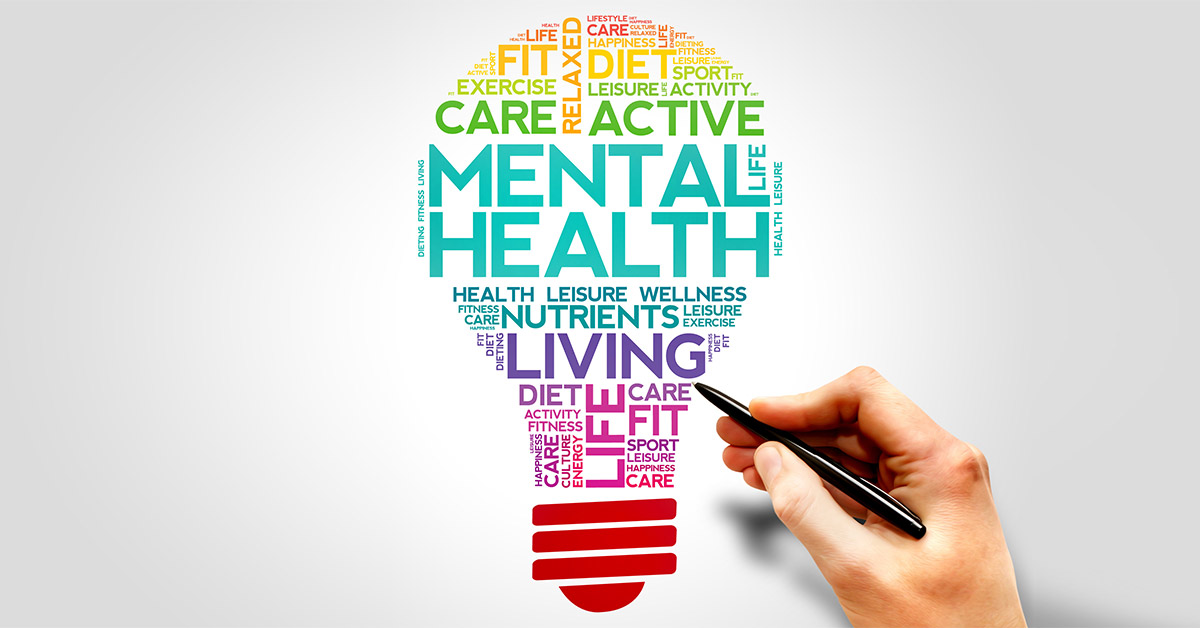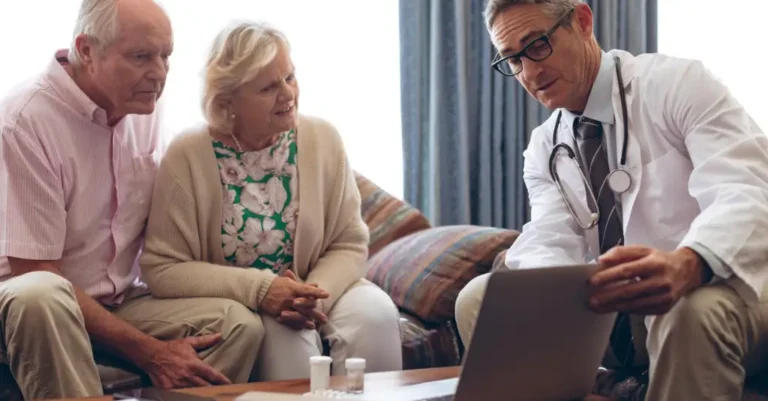Navigating Care: Understanding The District Behavioral Health – Substance Use and Mental Illness Services
In Washington D.C., many folks face tough battles with both substance use and mental health issues at the same time. This mix, known as dual diagnosis, hits hard in the DMV area where stress from city life adds fuel to the fire. The District Behavioral Health system steps in to offer help that treats both problems together, not one after the other. You might wonder: how does this work for everyday residents? It’s a lifeline that saves lives by blending care in one place. Let’s break it down so you can see the full picture.
What is The District Behavioral Health System?
The District Behavioral Health refers to the network of services run by the D.C. government to support mental health and substance use needs. It covers everything from quick crisis help to long-term recovery plans for city residents. At its core, this system aims to make sure no one falls through the cracks in a place as busy as D.C.
The Role of the Department of Behavioral Health (DBH)
The Department of Behavioral Health, or DBH, leads the charge as the main government body for these services in D.C. They focus on a public health model that puts community well-being first. DBH works to prevent problems before they grow and connects people to care that’s safe and effective. Staff from this department oversee programs that reach thousands each year. They partner with local groups to tailor help to the city’s diverse needs.
Funding Streams and Accessibility
Services get money from sources like Medicaid and city budgets, which keeps costs low for those who qualify. Most D.C. residents can access help if they live here, with no big barriers for low-income families. Equity efforts make sure underserved groups, like Black and Latino communities, get fair shots at treatment. You just need proof of residency, and many spots offer sliding-scale fees based on what you earn.
Key Service Locations and Network Providers
D.C. uses a web of spots for care, from community centers to hospital wings. Think places like the Capitol Hill outpatient clinic or specialized centers in Southeast D.C. Network providers include nonprofits such as N Street Village for women’s recovery and Mary’s Center for family support. These spots handle everything from detox to therapy sessions. Mobile units even bring help right to your door in tough neighborhoods.
Understanding Co-Occurring Disorders (Dual Diagnosis)
Dual diagnosis means having both a substance use disorder and a mental illness side by side. Treating them apart often leads to relapse because they feed off each other. In D.C., this setup affects many seeking public help, making integrated care a must.
Clinical Realities of Dual Diagnosis
One issue ramps up the other, like anxiety pushing someone toward alcohol for quick relief. Common pairs include depression with opioid addiction or PTSD linked to cocaine use. Symptoms overlap, so it’s hard to spot without expert eyes. Without joint treatment, recovery stalls fast. Doctors see this interplay daily in city clinics.
The District’s Stance on Integrated Treatment Models
D.C. pushes for care that tackles both conditions in one plan, ditching old ways where mental health and addiction teams worked alone. This approach follows best practices from national guidelines, adapted for local needs. It means one team handles your meds, talks, and goals all together. The result? Better chances at staying sober and stable.
Impact Statistics in the D.C. Area
In D.C., about 40% of adults with serious mental illness also battle substance use, based on local health reports. Nationally, half of those in treatment for addiction have a mental health issue too. Public systems like DBH see over 10,000 cases yearly of dual diagnosis. These numbers show why the city invests big in combined services. For Black residents, rates climb higher due to community stresses.
Core Treatment Modalities Offered Through District Services
D.C. offers a range of treatments through its behavioral health network to fit different needs. From meds to group talks, the focus stays on real recovery for substance use and mental illness. You can find options that match your life, whether you’re in crisis or building long-term habits.
Medication-Assisted Treatment (MAT) for SUD
MAT uses approved drugs like buprenorphine or methadone to ease withdrawal from opioids and cut cravings. In D.C., clinics provide these with counseling to avoid just swapping one problem for another. For alcohol issues, naltrexone helps block effects and supports steady progress. Access is wide, with over 50 sites across the city. This method boosts success rates by 50% or more in studies.
Comprehensive Mental Health Therapy Options
Therapies like cognitive behavioral therapy, or CBT, help change thought patterns tied to both addiction and mood swings. Dialectical behavior therapy, DBT, teaches skills for handling emotions without drugs. Trauma care fits those with past hurts fueling their struggles. District programs offer these in group or one-on-one settings. Sessions run weekly, often free through public funding.
Crisis Intervention and Stabilization Services
When things hit rock bottom, walk-in centers like the one at 64 New York Ave provide fast help. Mobile teams rush to homes for on-site calm during a panic or overdose scare. Acute units in hospitals stabilize severe cases, holding folks for short stays. These services run 24/7, linking to follow-up care right away. Last year, they handled thousands of calls in D.C. alone.
Section 4: Navigating Enrollment and Accessing Care
Getting started with District Behavioral Health services feels straightforward once you know the steps. Family members or friends can guide you through it too. The goal is quick entry to the right level of support for your substance use and mental health needs.
The Intake and Assessment Process
Start by calling the DBH access line at 1-888-793-4357 for a first chat. Bring ID and any health records to your visit. Screeners ask about symptoms to match you with services, from basic counseling to inpatient stays. This universal check takes about an hour. Wait times vary, but urgent cases jump the line.
Utilizing Community-Based Organizations (CBOs)
CBOs act as friendly front doors, like the House of Ruth for women facing addiction and mental health woes. Or try Unity Health Care clinics for bilingual support in immigrant areas. These groups partner with DBH for smooth referrals. One strong example: the collaboration with Bread for the City, which helped over 500 residents last year with dual diagnosis plans. They offer culturally aware care that builds trust fast.
Continuity of Care and Aftercare Planning
Case workers track your journey, linking to housing via programs like Permanent Supportive Housing. Job help comes through workforce centers tied to recovery goals. Outpatient check-ins keep momentum going after big steps. The system requires these plans to cut readmission risks. Many stay engaged for months, seeing real life changes.
Conclusion: Building Resilience in the District
The District Behavioral Health system stands as a solid pillar for those wrestling with substance use and mental illness in D.C. By weaving integrated care into its core, it treats people as whole, not split parts. This setup fosters true recovery, turning challenges into steps toward stronger communities. You’ve seen how it works from basics to daily access—now it’s about taking that first move.
Key Takeaways for Residents
- Call DBH’s helpline at 1-888-793-4357 to start your assessment anytime.
- Look for integrated programs that handle both substance use and mental health together for best results.
- Use local CBOs like Mary’s Center for tailored, no-cost entry points.
- Remember, Medicaid covers most services—check eligibility online or at a clinic.
- Plan for aftercare early; it includes housing and job links to keep recovery on track.
If you’re ready to seek help, reach out today. Your path to better days starts with one call.
Stay in touch to get more updates & news on Well Health Organic!





